When the shower turns cold out of nowhere, the first thing you wonder is how old your water heater is. Knowing the typical lifespan helps you plan repairs or replacements before you’re left in the dark.
Electric tank heaters usually last between 8 and 12 years. They have fewer moving parts, but the heating element and the tank’s inner lining wear out over time. Gas‑flued tanks tend to last a bit longer – 10 to 15 years – because the flame‑direct heating is gentle on the metal.
Tank‑less (on‑demand) models can reach 20 years or more. Since there’s no big storage tank that corrodes, the main wear point is the heat exchanger. A well‑maintained tank‑less unit can outlive a traditional tank by a decade.
Heat‑pump water heaters sit somewhere in the middle. Their compressors are similar to those in air‑conditioners and can last 10‑15 years if the unit stays clean and the refrigerant level stays right.
1. Flush the tank once a year. Sediment builds up at the bottom, forcing the heater to work harder and causing premature corrosion. A simple drain‑and‑refill takes just a few minutes.
2. Check the anode rod. This sacrificial metal piece eats the rust that would otherwise eat your tank. Replace it every 2‑3 years for a tank heater, or at least when it’s more than 50 % worn.
3. Keep the temperature around 120 °F (49 °C). Higher settings speed up mineral buildup and waste energy. The water stays comfortably hot, and the heater lasts longer.
4. Inspect for leaks. Even a slow drip can rust out a tank quickly. If you see water pooling around the base, call a professional before the problem spreads.
5. Don’t ignore strange noises. Rumbling, popping, or a high‑pitched squeal usually means scale or a failing part. Early diagnosis can save you a full replacement.
6. Schedule an annual service. A qualified technician can test the pressure relief valve, examine the burner (for gas models), and tighten any loose connections.
7. Maintain the surrounding area. Keep the space around the heater clear of clutter and dust. Good airflow helps the unit stay cool and reduces strain.
When you follow these steps, you’ll likely squeeze a few extra years out of a standard tank and keep a tank‑less system humming for decades. If your heater hits the upper end of its expected life and you notice frequent trips of the reset button, strange noises, or a sudden drop in hot‑water output, it’s time to weigh repair versus replacement.
Remember, the cost of a new water heater spreads over many years of reliable hot water. Investing a little in maintenance now can save you a big bill later and keep your showers warm all year round.
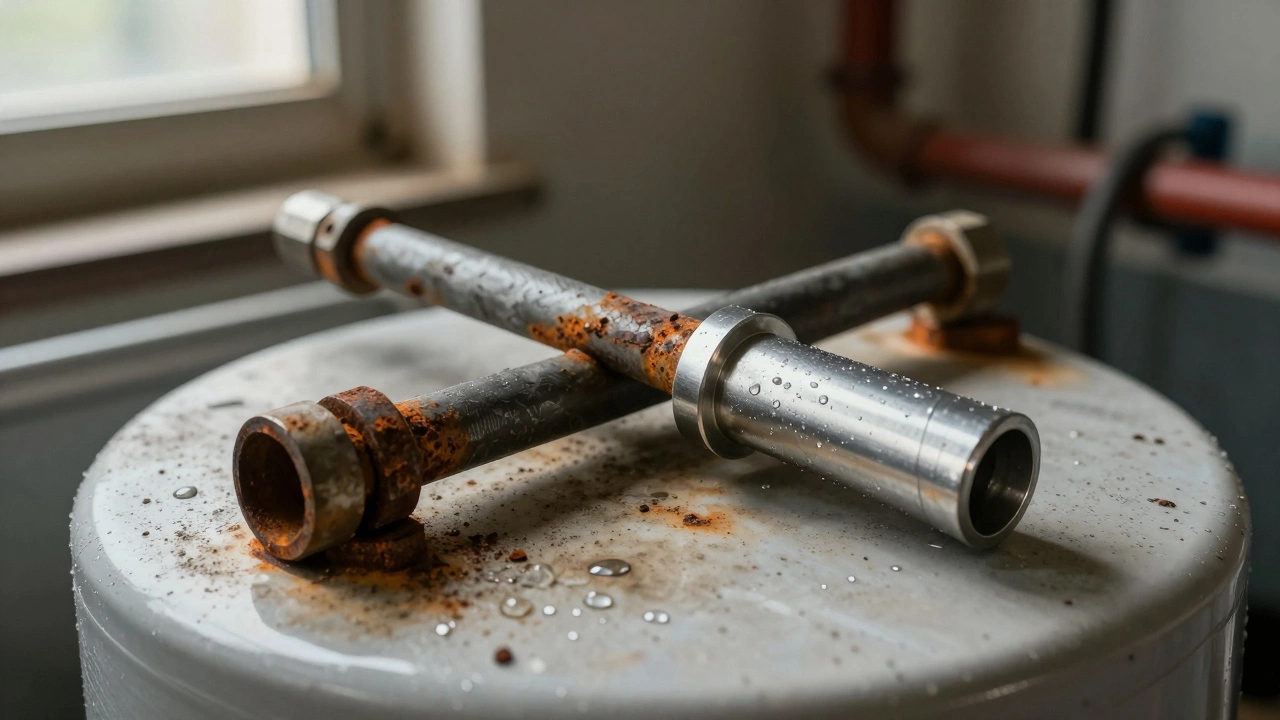
Replace your water heater's anode rod every 1-2 years in hard water areas to prevent tank corrosion. A simple £20 part can save you hundreds in repairs.
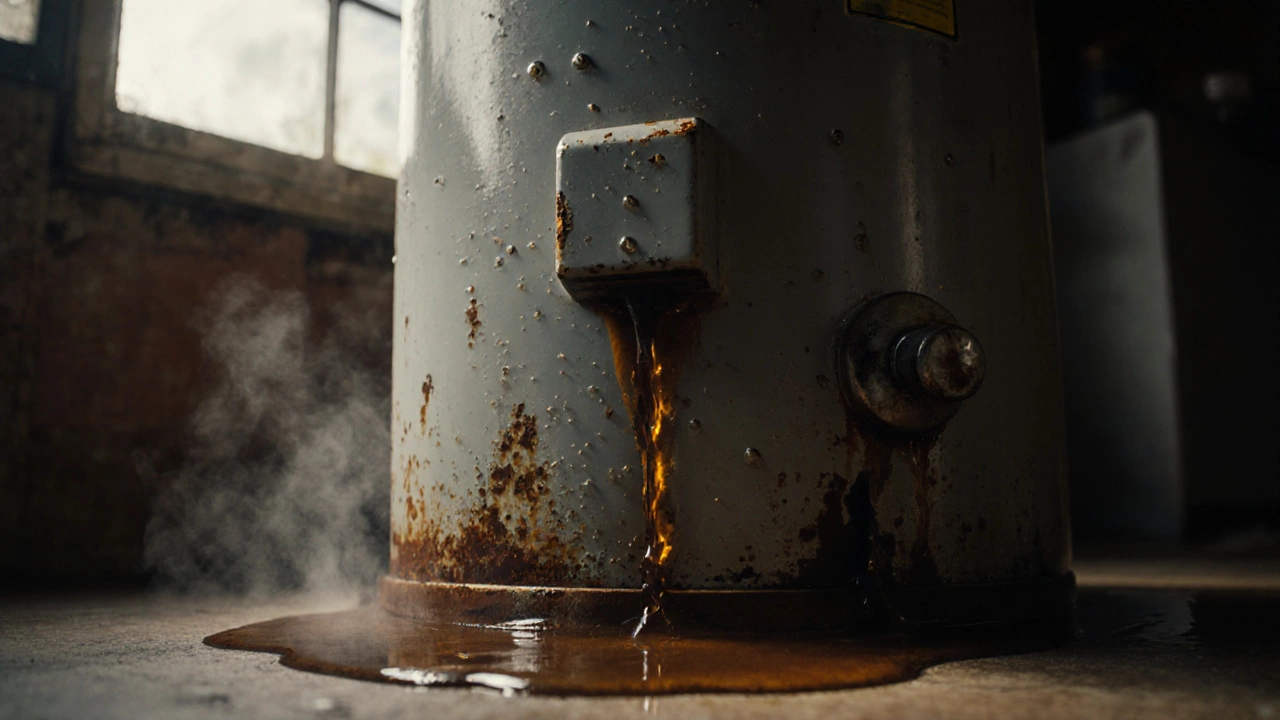
Most water heaters fail due to tank corrosion, heating element burnout, or sediment buildup. Learn the top failure points and how to spot them early to avoid costly repairs or floods.
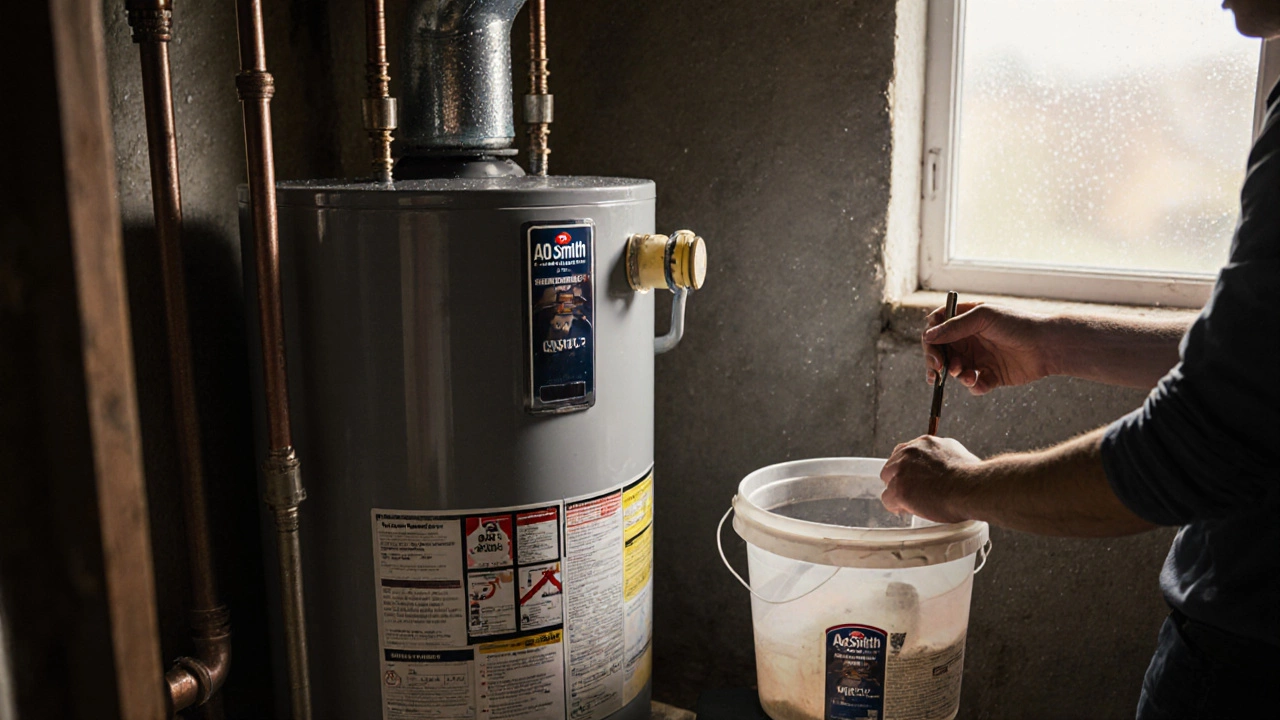
AO Smith, Bradford White, and Rheem are the most durable water heater brands, often lasting 12-15 years with proper maintenance. Learn what really affects lifespan and how to make your heater last longer.
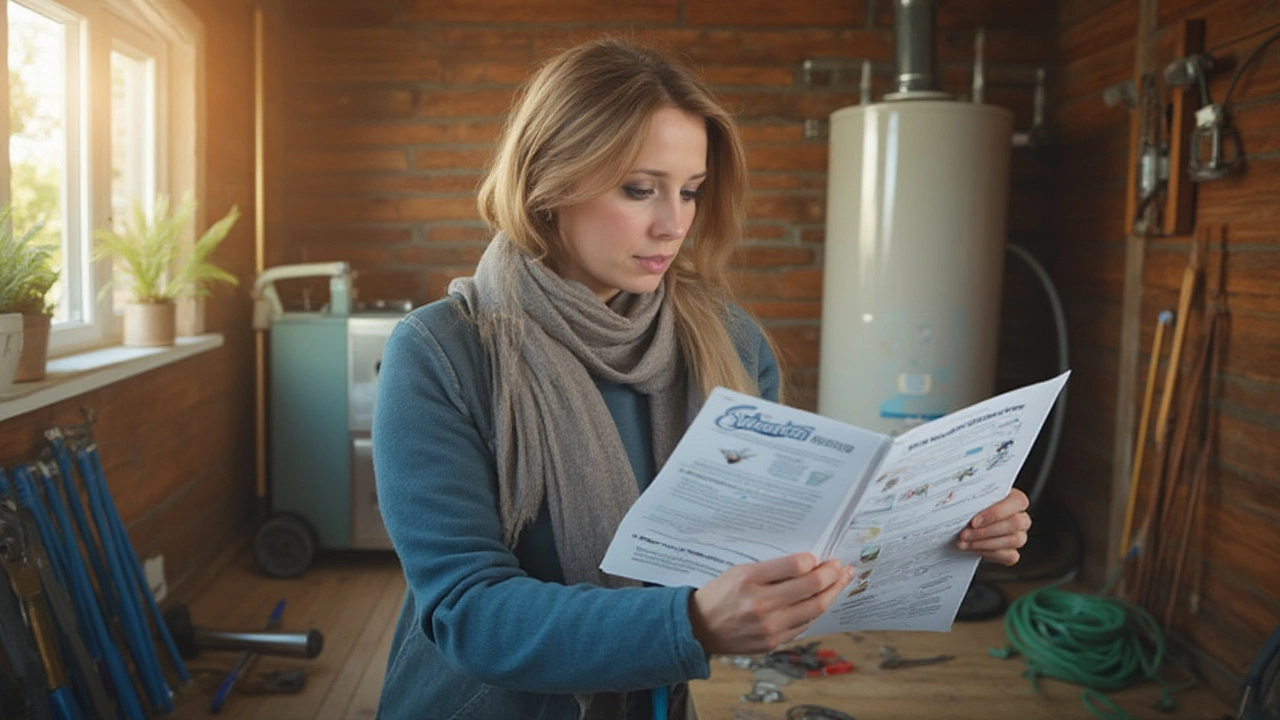
Wondering if you can flush your water heater yourself? Learn the step-by-step process, tools you'll need, and expert tips to extend your water heater's life.
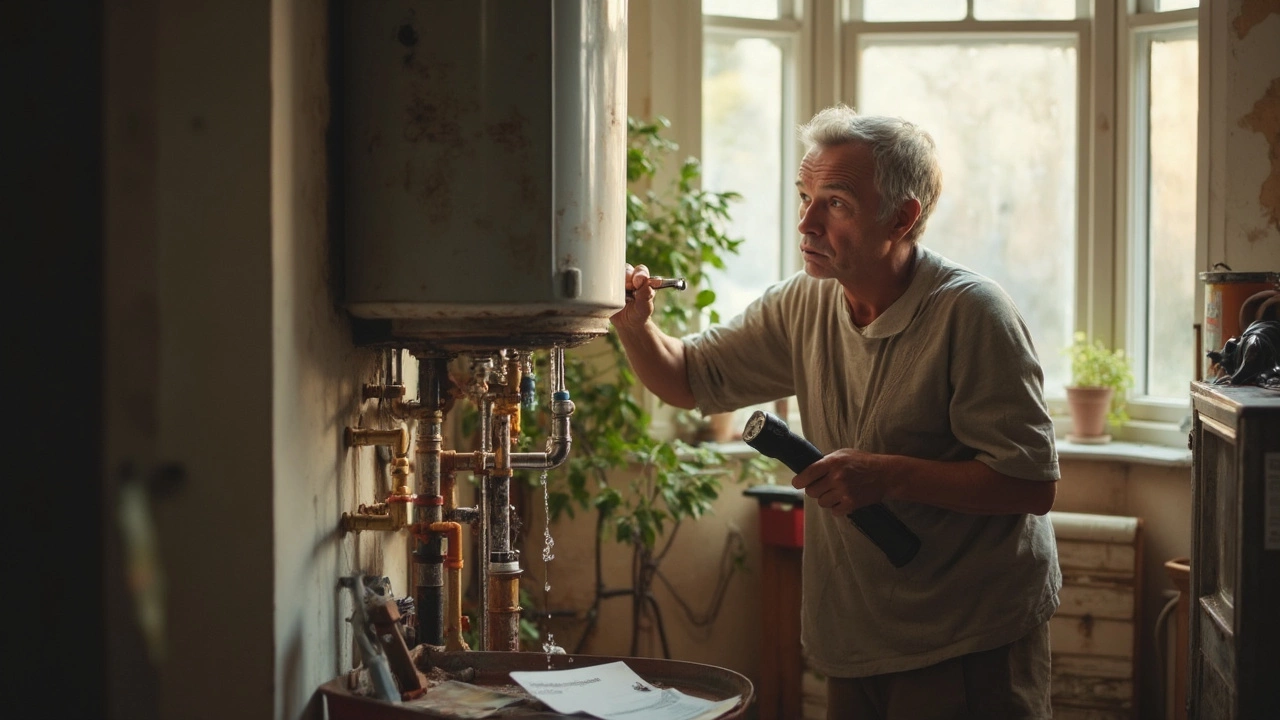
Wondering if your hot water heater is about to quit? This article breaks down the most common signs that your water heater needs to be replaced, from strange noises to rusty water. Find out how long these tanks usually last, what to look for during regular maintenance, and how to handle sudden issues. You'll get practical tips to keep your heater running smoothly and avoid a cold shower surprise. If you've ever worried about flooding, energy bills, or weird knocking, this is for you.

Water heaters don't last forever, so it’s important to know how long yours might stick around. Generally, these devices are built to last about 8 to 12 years, but several factors can influence their longevity. By understanding signs of wear, maintenance tricks, and when it's time to say goodbye to your old model, you can ensure hot showers won't become a thing of the past. Let's break down everything you need to know about your water heater's lifespan.
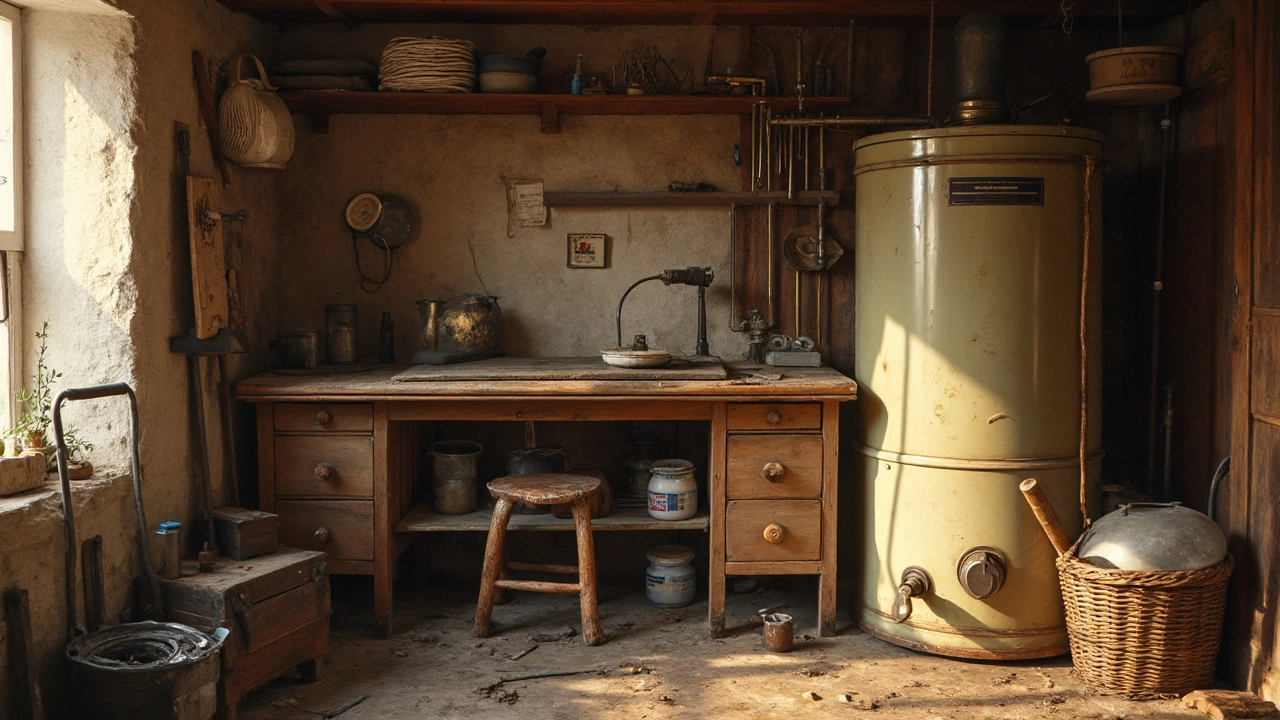
Wondering how long your water heater should last? This article dives into the expected lifespan of various types of water heaters, factors impacting their longevity, and signs it might be time for a replacement. With practical tips on maintenance, you can extend the life of your heater and avoid breakdowns. Learn what to watch out for to ensure you have hot water when you need it, without unexpected surprises.
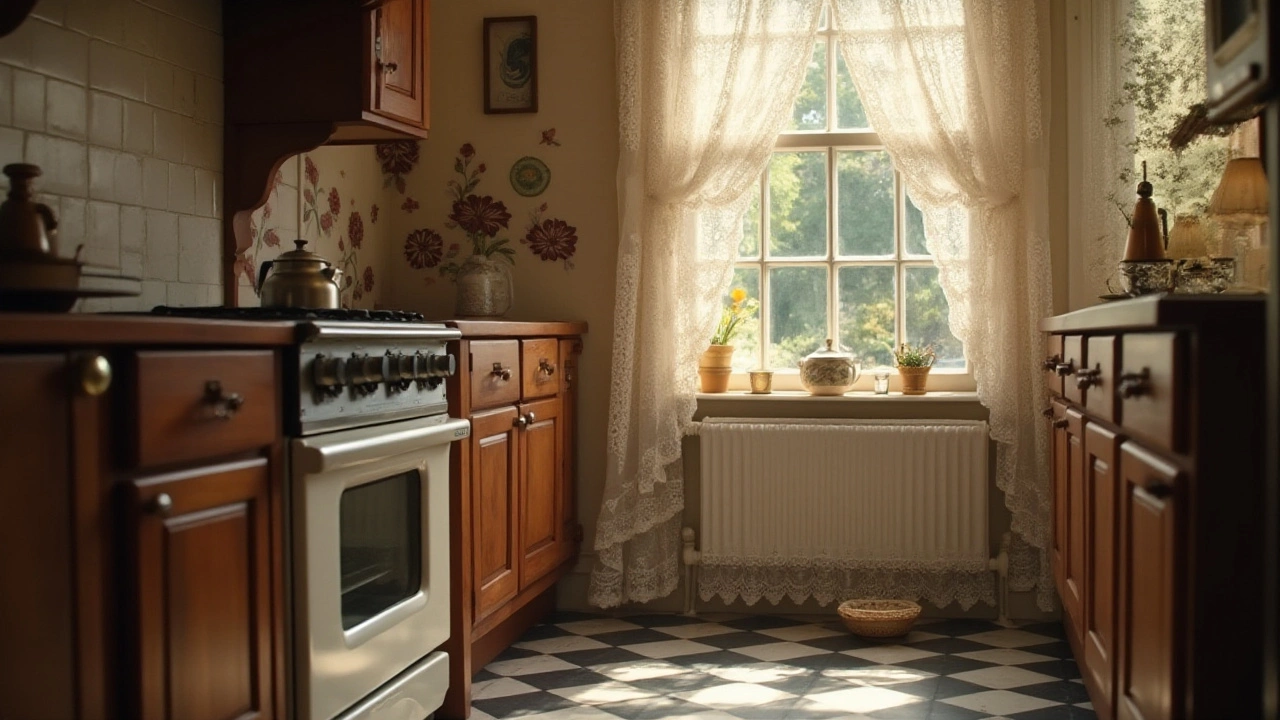
Water heaters are essential fixtures in homes, providing warm water for daily needs. Understanding their lifespan can help homeowners plan for replacements and avoid unexpected cold showers. Depending on the type and maintenance, a water heater can typically last between 8 to 12 years. Regular inspections and upkeep can potentially add years to a water heater's lifespan.
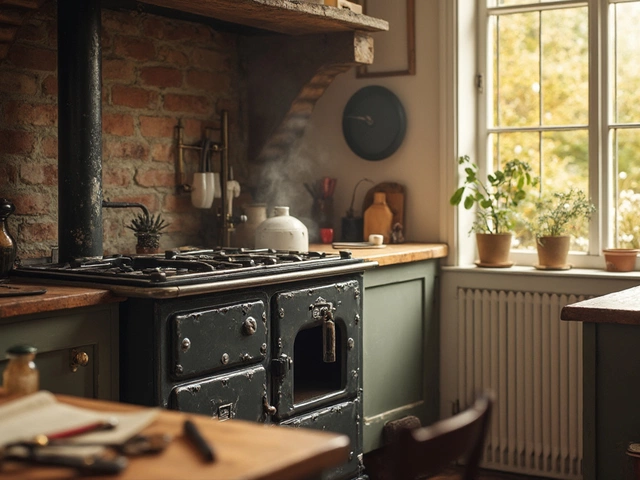
Repairing a gas oven might seem daunting, but it's often worth the effort. This article explores when it's practical to repair versus replace, common issues, and cost-effective solutions. Learn helpful tips, find out if it’s a DIY fix, and consider important safety aspects. Discover how to make an informed decision that saves money and hassle.
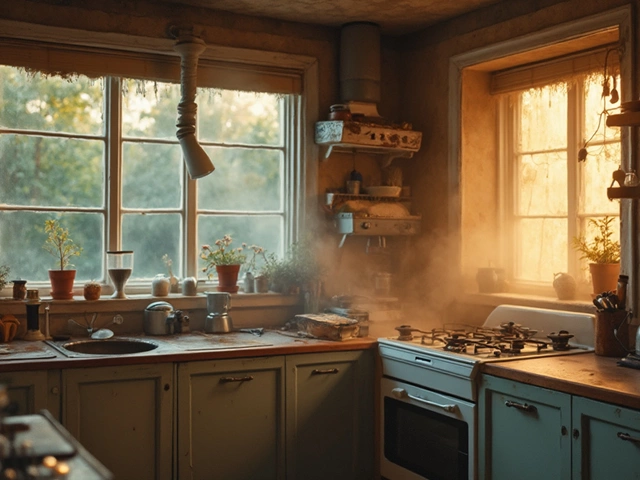
If your extractor fan has suddenly stopped working, it's not just annoying but can lead to bigger problems like excess moisture and lingering odors. This article will delve into common issues with extractor fans and provide practical solutions you can try at home. Learn about potential causes, from power supply problems to sensor malfunctions, along with straightforward fixes. Some tips might even save you from calling in a professional. Get your fan back up and running with ease!

Thinking about replacing your old boiler but dreading the mess? This article breaks down exactly what kind of disruption to expect during a boiler swap. Find out what typically gets messy, which steps are surprisingly neat, and how you can prep your space to keep chaos to a minimum. Get straightforward tips to protect your home, plus the real deal on post-installation cleanup. No sugarcoating—just facts every homeowner should know before booking the job.
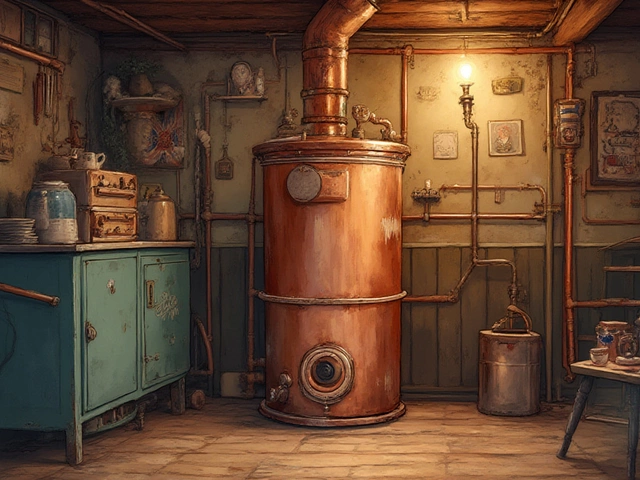
Is it possible for a hot water heater to last 30 years? Here’s a detailed look at what determines water heater longevity, what rare cases look like, and how you can extend your heater’s life with smart habits.
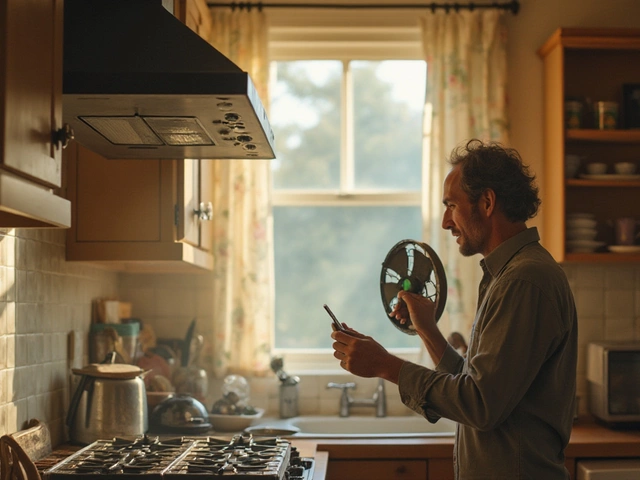
Explore the practical steps in diagnosing and fixing common issues with kitchen extractor fans. Learn about the signs your fan might need repair, and gather essential maintenance tips to extend its life. Whether you're a DIY enthusiast or considering professional help, this guide provides valuable insights for restoring your kitchen ventilation system to optimal performance. Discover how regular upkeep can prevent costly replacements.